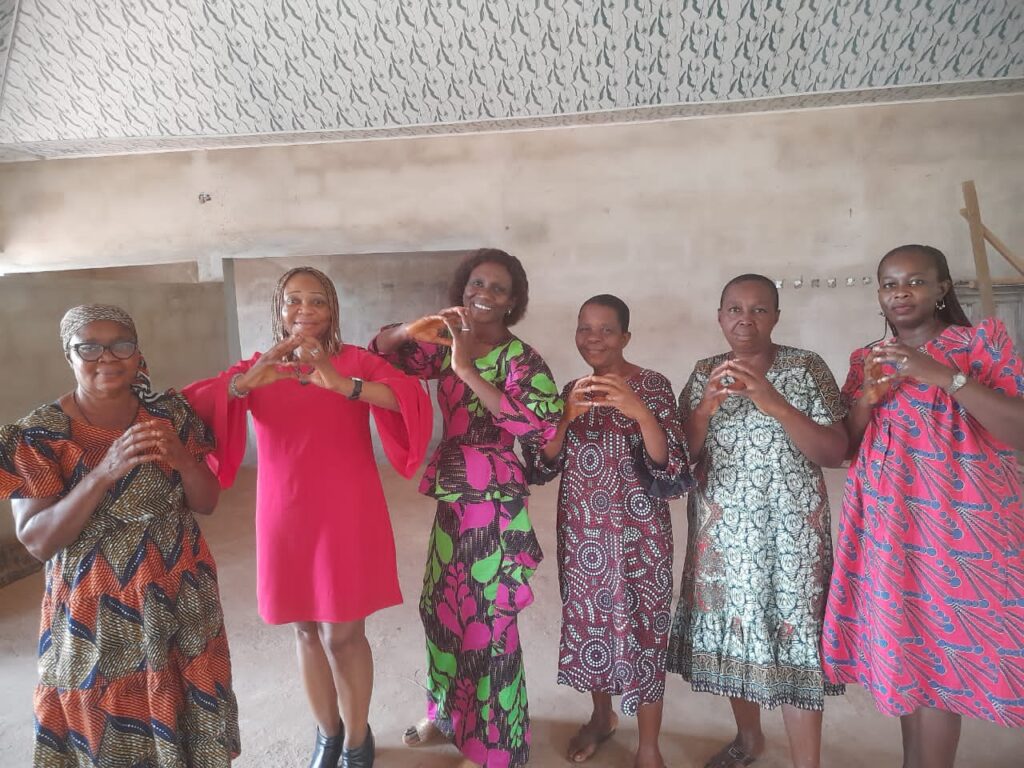Nifemi Babasanmi
The Executive Director MAMA Centre Chioma Kanu, has called for substantial investments in women’s socio-economic empowerment, emphasizing that such efforts will pave the way towards gender equality, poverty eradication, and inclusive economic growth in Nigeria.
The organization highlighted the significant contributions of women to the economy, whether in businesses, on farms, as entrepreneurs or employees, or through unpaid care work at home.
“Promoting women’s economic justice and rights and closing gender gaps across all spheres in the country are key to achieving the Sustainable Development Goals,” stated Kanu.
She stressed the importance of recognizing women’s potential and capabilities, noting that women constitute more than half of the population in most Nigerian states and possess the wisdom, talents, and skills needed for national development.
Kanu commended the resilience of MAMA Centre’s rightsholders in Udi Local Government of Enugu State, who, under the Accountability for Empowerment project supported by Voice Nigeria, have tirelessly advocated for policy accountability on abandoned livelihood road projects. The projects have the potential to significantly enhance their socio-economic status.
However, the Centre expressed deep concern over the persistent disparities in women’s access to basic infrastructural services, particularly in rural areas.
“Women in rural areas spend a large part of their productive time shouldering the unequal burden of gathering water and wood for their families, which severely limits their employment opportunities,” Kanu said.
She further highlighted the challenges faced by women farmers, who have significantly less access to, control over, and ownership of land and other productive assets compared to their male counterparts.
“There is poor policy attention towards livelihood projects that could contribute meaningfully to women’s socio-economic development and self-reliance,” Kanu added.
The MAMA Centre is advocating for an enabling policy environment that facilitates women’s access to socio-economic assets such as land and loans, thereby securing their active participation in economic leadership and overall national development.
“We demand targeted policy attention and intervention towards the completion of abandoned livelihood projects that can positively impact women’s socio-economic development across communities,” said Kanu.
In addition, the Centre called for increased sensitization and awareness for women in the informal sector regarding appropriate taxes and levies through a harmonized structure and system that prevents unscrupulous activities in the tax regime.
Kanu also urged for greater policy focus on encouraging women’s participation in technological innovation, entertainment, inclusive workplaces, socio-economic and political empowerment, health education, and visibility in creativity.
“Increasing women’s and girls’ educational attainment is crucial for promoting economic empowerment and inclusion, as well as sustainable economic growth,” she emphasized.
The Centre called for more opportunities for upskilling and reskilling to keep pace with rapid technological transformations and enhance income generation.
“We demand targeted actions and policy intervention to increase girls’ access to education, supporting them in making informed choices that will enhance their earning capacity and potential across various spheres, leading to a secure and productive individuals”, she said.

